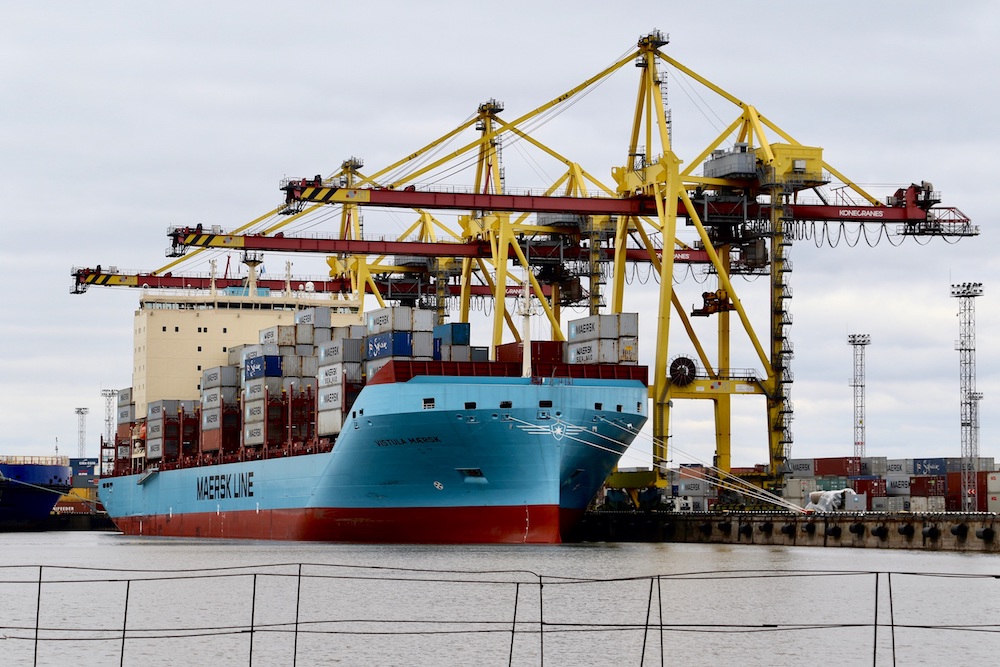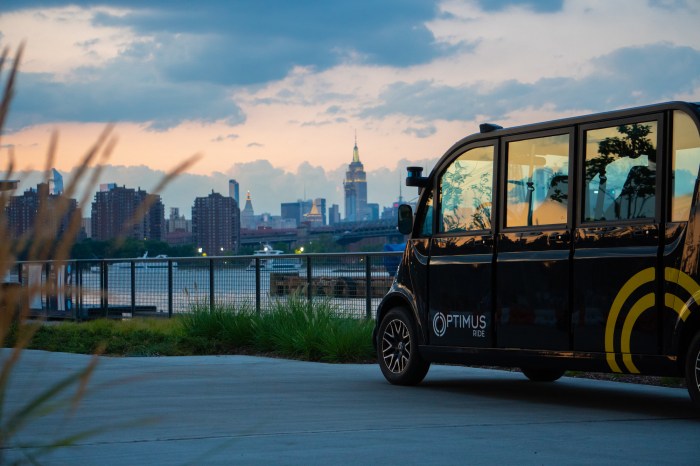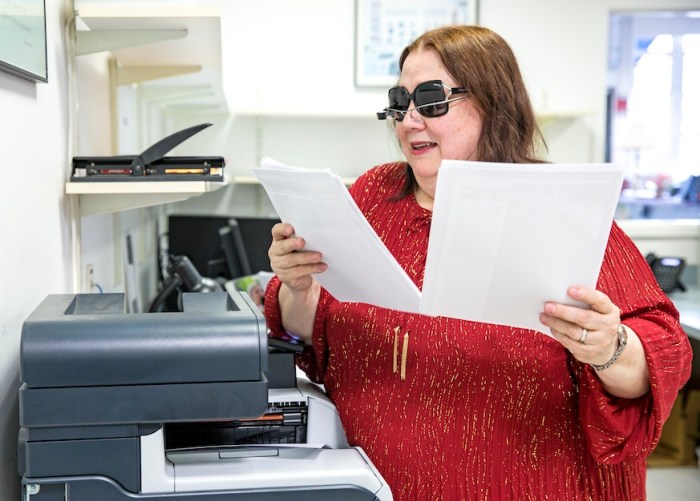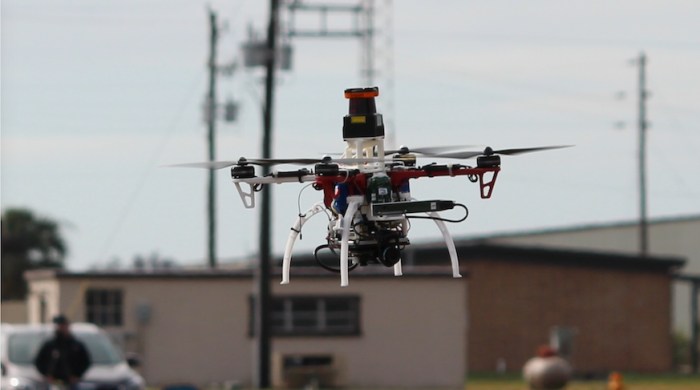Cars have been coming out with artificial intelligence and automated tech features for a while, from systems that can automatically hit the brakes to alerts that let you know when another car, cyclist or other collision-risk is too close.
But drivers on land aren’t the only ones who could use those benefits. Now, similar technology is coming to ships, thanks to a Boston-based company called Sea Machines Robotics.
Sea Machines is exploring automated technology for the maritime industry, and recently made a big step toward the future of autonomous boats thanks to a contract with A.P. Moller-Maersk, the world’s largest shipping container company.
“It’s a perfect domain for autonomy,” said Michael Johnson, CEO of Sea Machines. “Cargo shipping moves 90 percent of the world’s trade — that’s something not a lot of people know.”
The contract with Maersk doesn’t mean the Danish company’s container ships will be completely unmanned. It’s about bringing reducing errors, through Sea Machines’ perceptual and situational awareness tech, to help humans at the helm.
That technology uses artificial intelligence and is similar to advanced driver assistance systems — those features like automatic braking and advanced cruise control found in the latest luxury cars. Unlike cars, though, boats have to deal with the dynamic environment of the ocean, which means multiple forces at play and some unpredictable challenges that can make it hard for human operators to maintain control.
Using cameras and radar, the Sea Machines system will be able to identify any obstacles in the way of the container ship and then track those objects with artificial intelligence.
“Then it brings that information to the wheelhouse of the ship, so that it’s displaying pre-processed, intelligent information to give [the crew] an increased sense of awareness of what’s around the vessel,” Johnson said. This will help reduce transit risks and make things on the ship more productive and efficient,
This contract is a pretty big deal, the company said — not just for Sea Machines themselves, though the fact that a U.S. company won this kind of contract is notable, but because it’s a step toward the future, and a more accessible world of boating for all.
“It’s the beginning of a new era in the maritime space,” Johnson said. “[We’re] bringing this more efficiently and effectively into the commercial sector first, and then the whole thing is a path to the consumer market of recreational boating.”
The systems that will come to recreational boats, he added, will be even more comparable to what we’re seeing on cars today. That will improve the boat-operating experience for everyone, “making boating easier,” he said, “and therefore opening the market up to many, many people.”


















